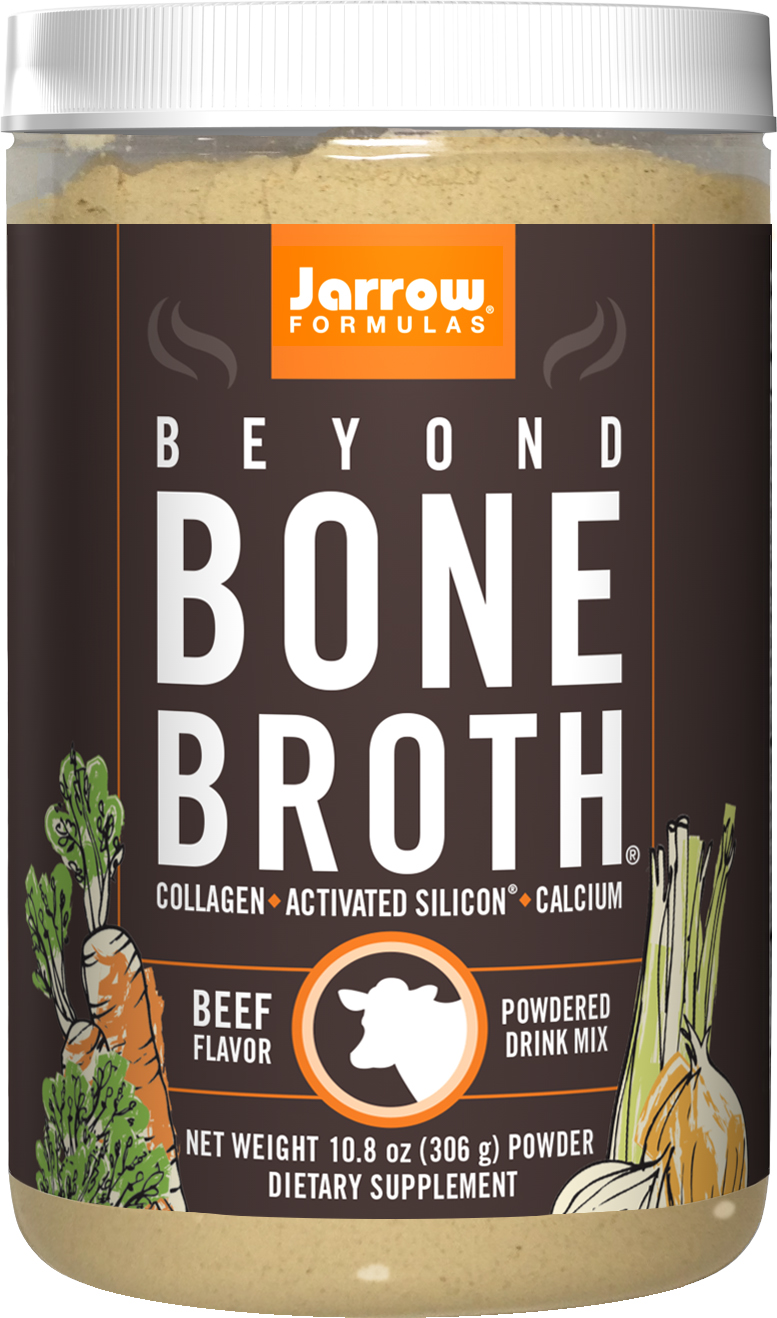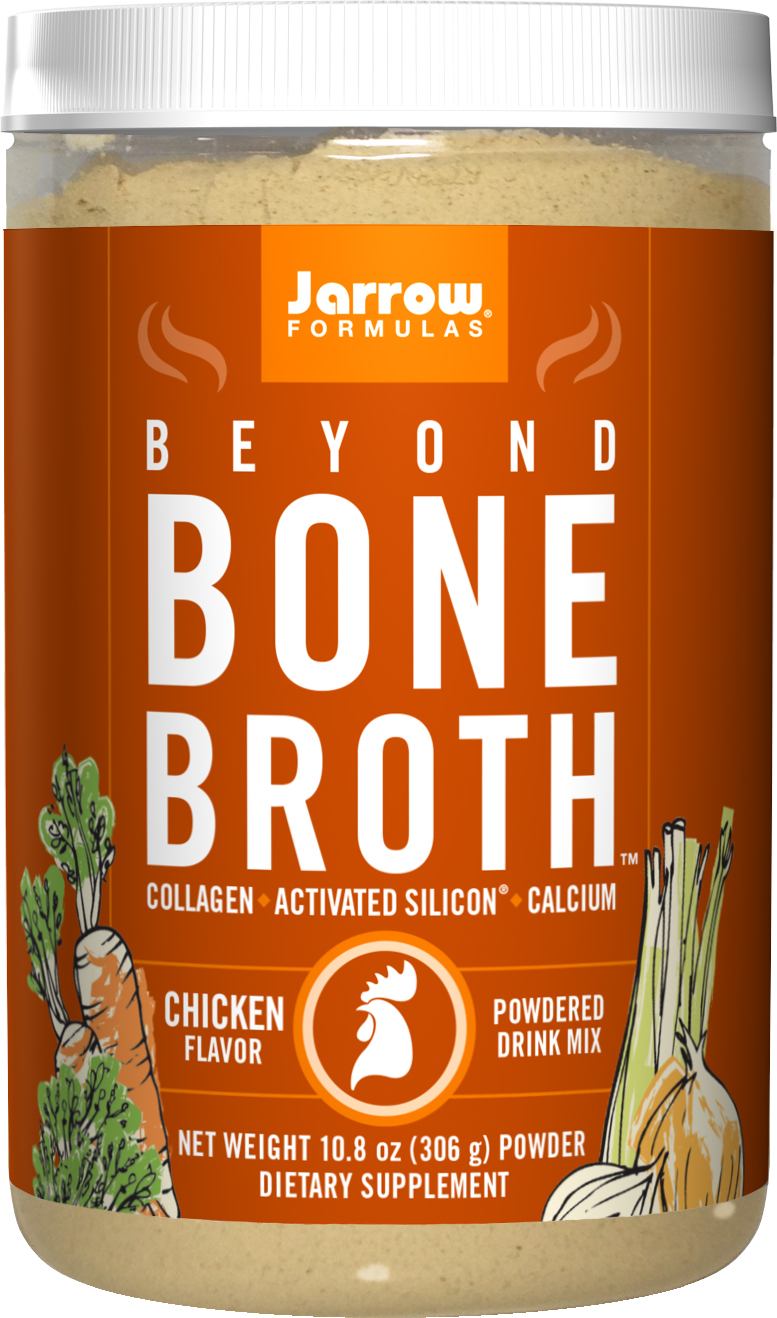Collagen supplements are something that have been around for a long time. They’re well known supplements that have many great uses with benefits for skin, joints, digestive health, and even bone health (which I will write about more in depth in this article).
Collagen supplements are available in many forms including powders, chews, pills, and even in its natural form as bone broth- here’s an article from our website on bone broth and its benefits:
Bone Broth is Amazing for Joints, Digestive Issues, and More
Other than bone broth and bone broth concentrates and powders, the reason why collagen supplements are generally taken in powders or chews is that you need to take a fair amount of it to make a real difference, and if taken as a pill or softgel, generally you would need to take a good handful to get the recommended amount (which is doable, but sometimes powders can be easier).
We recommend bone broth especially when it comes to wanting to take a collagen supplement. There are two mail types of collagen (more on that below) and with supplements they will usually focus on one or the other. Both types have different benefits though most everyone would benefit from both, which is why bone broth is nice, since it contains a more complete collagen profile. We in particular recommend Jarrow’s Bone Broth Powder. It makes a delicious broth which can be very warming and comforting on a cold day (it’s available in both beef or chicken).
Another collagen powder supplement that we recommend is by NeoCell. It is a hydrolyzed collagen, which means the collagen has been broken up into smaller particles so it is easier for the body to absorb. The reason we most like NeoCell powders is that they are odorless and tasteless, so it can easily be added to foods or drinks without issue.
Collagen for Bone Health
Collagen is absolutely crucial for bone health. While our bones are made up of calcium crystals, they are held together in a bone collagen matrix. Collagen helps to make up our actual bone structure, and gives our bones flexibility and durability. When one thinks of “brittle bones” lack of collagen is a major factor contributing to that. Collagen helps to make the bones more stable and elastic.
Interestingly, in addition to helping with joint flexibility (which is part of the way our bodies avoid fractures) type 1 collagen can actually help to stimulate osteoblast formation, cells that help to regulate passage of calcium into the bones. Type 1 collagen can also help to reduce the formation of cells that break down the bone matrix.
Type 1 collagen is found in both skin and bones. While we can’t see our bones without a bone scan, we can see our skin. It’s easy to see the effects of collagen loss in our skin- as we age our skin becomes thinner with reduced elasticity and even becomes more fragile. Those can be outward signs of collagen loss, which affects our bones in similar ways that we cannot see, with our bones becoming more brittle and less flexible.
There are different types of collagen (there are more than two types, though I am only focusing on the first two since they have the most benefit). Type 1 collagen is the kind most found in skin, tendons, and bones; while type 2 collagen is more present in bone cartilage and being beneficial to digestive health. Bone broth contains both kinds, being a whole food product, and we like going that route since the two types of collagen have different but wonderful benefits). We have a great bone broth powder concentrate by Jarrow available at the store, which is much more economical than buying liquid bone broth. We also have supplements of powders or chews which focus more on specific types of collagen with more specific benefits. Stop by the store so we can help you find the collagen products which are best for your specific needs.




